Henry Hudson Sails the Hudson River
On September 12, 1609, explorer Henry Hudson reached the river that would bear his name.
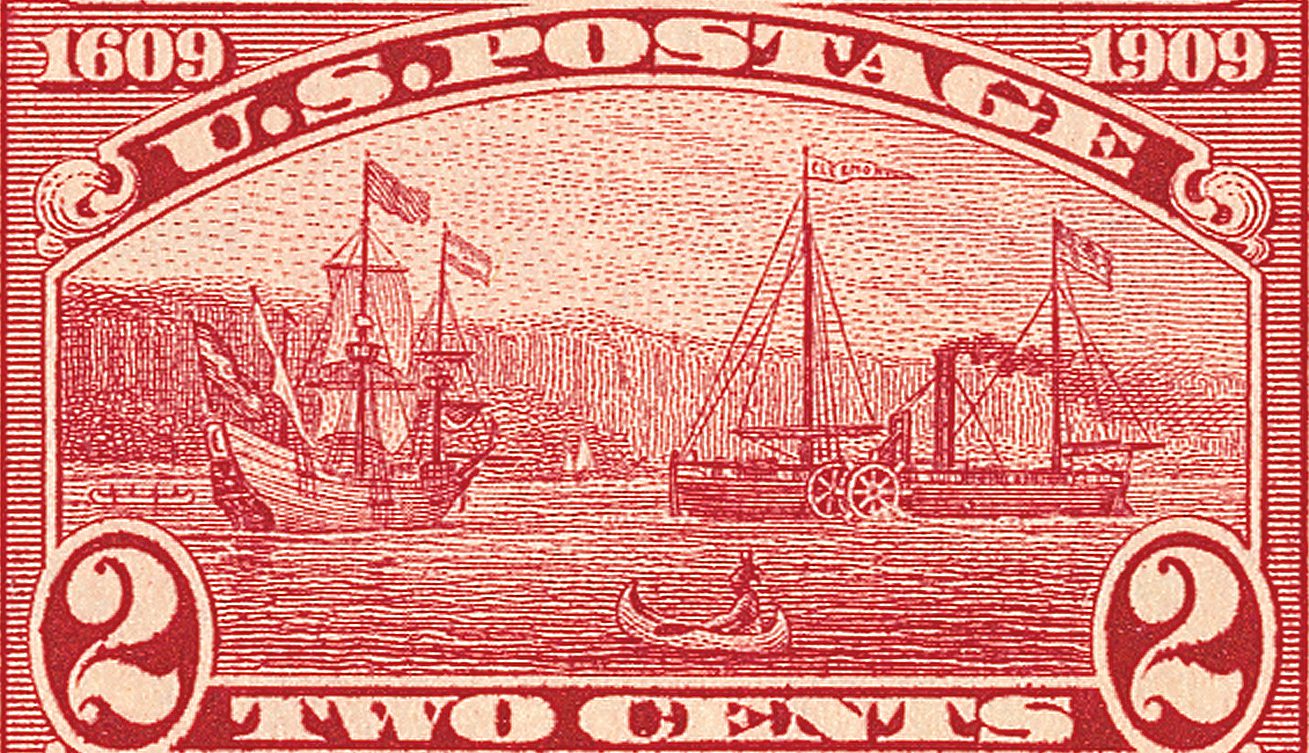
On September 12, 1609, explorer Henry Hudson reached the river that would bear his name.
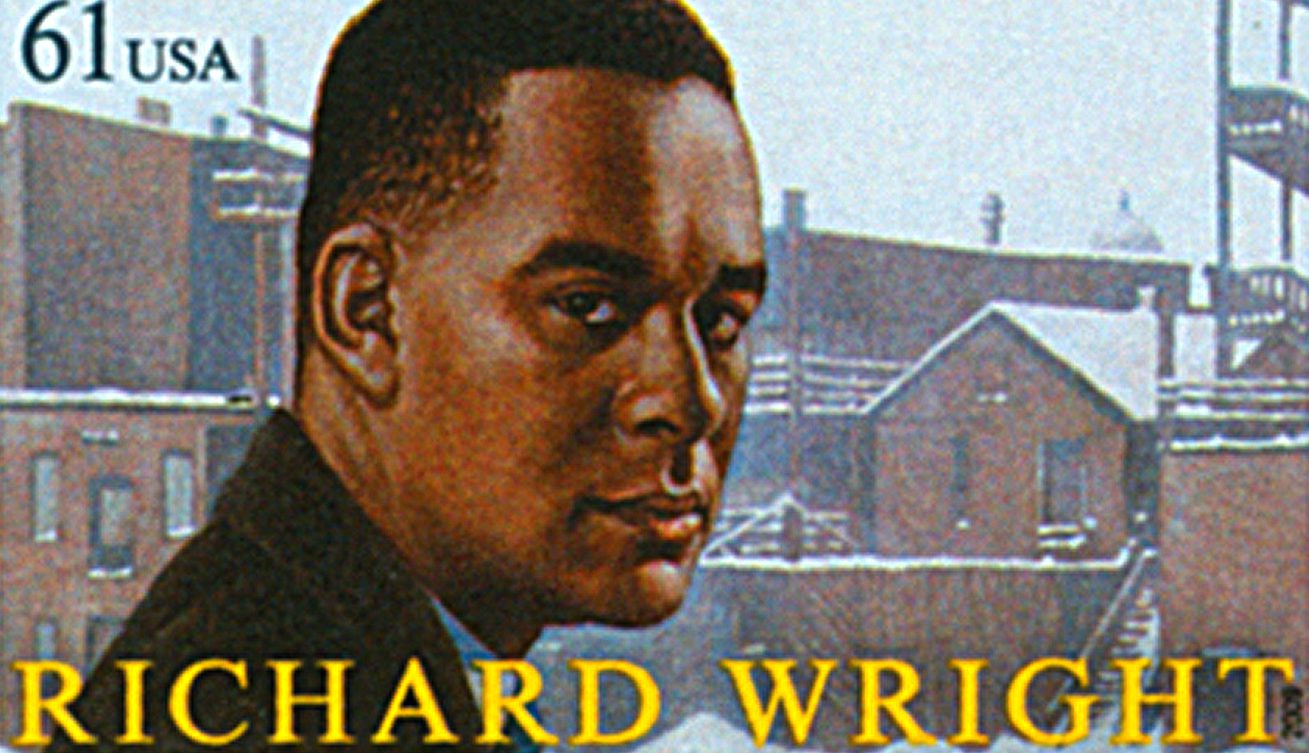
Richard Nathaniel Wright was born on September 4, 1908, near Roxie, Mississippi. His book, Native Son, was the first best selling novel by a black writer.
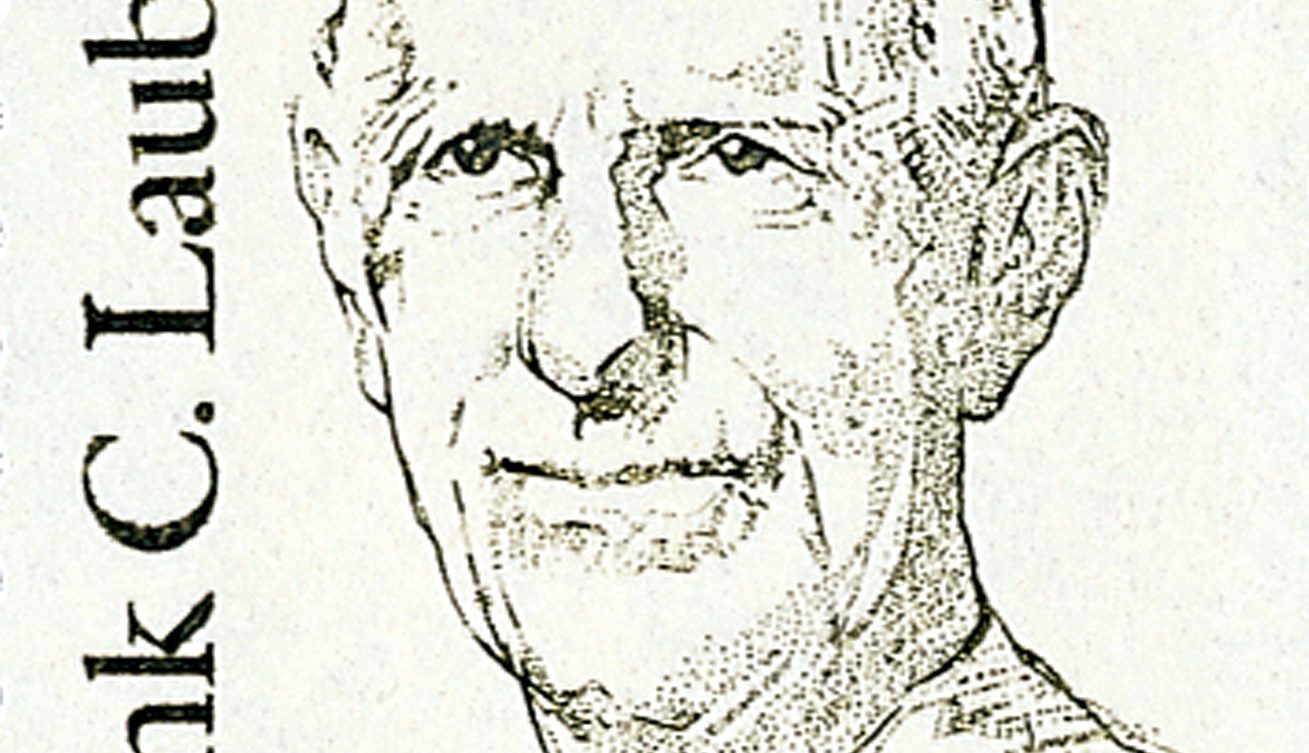
Missionary Frank Charles Laubach was born on September 2, 1884, in Benton, Pennsylvania. He dedicated his life to teaching people around the world to read, visiting more than 100 countries and developing books for 312 different languages.
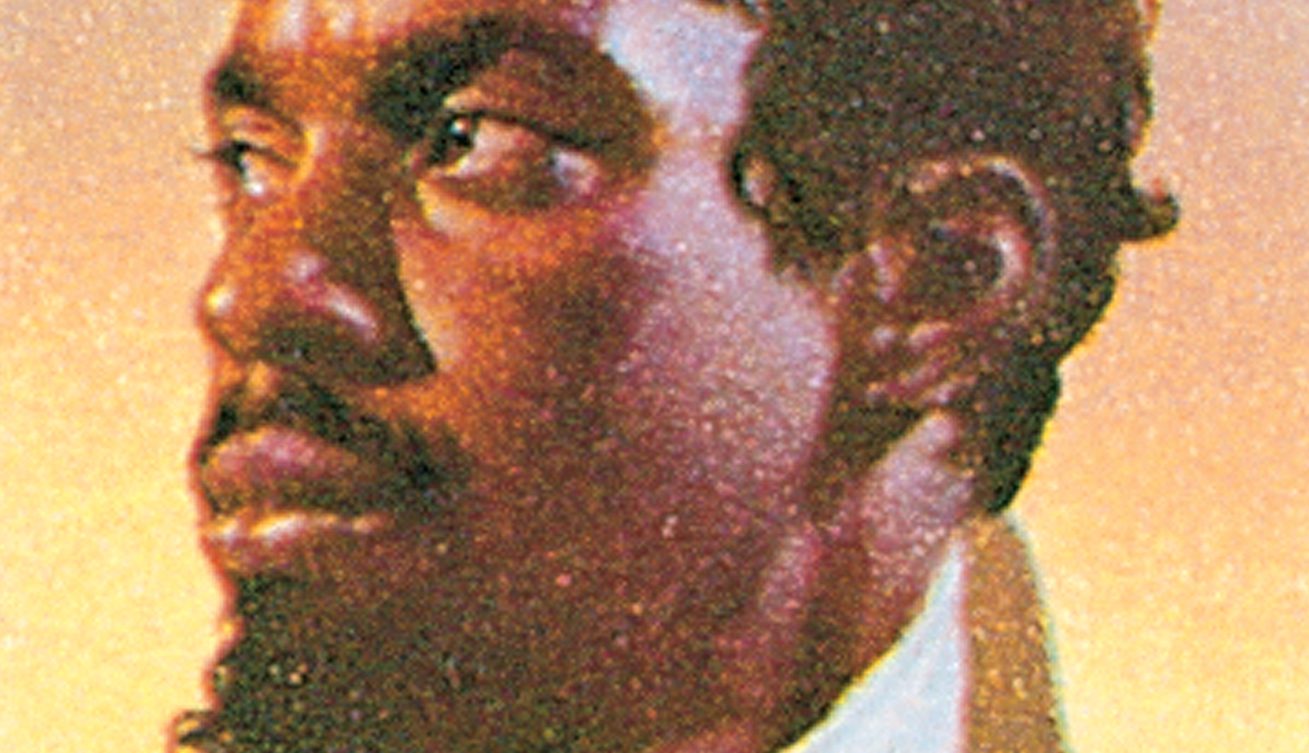
Jean Baptiste Point du Sable died on August 28, 1818, in St. Charles, Missouri Territory. He’s credited as the founded of Chicago.
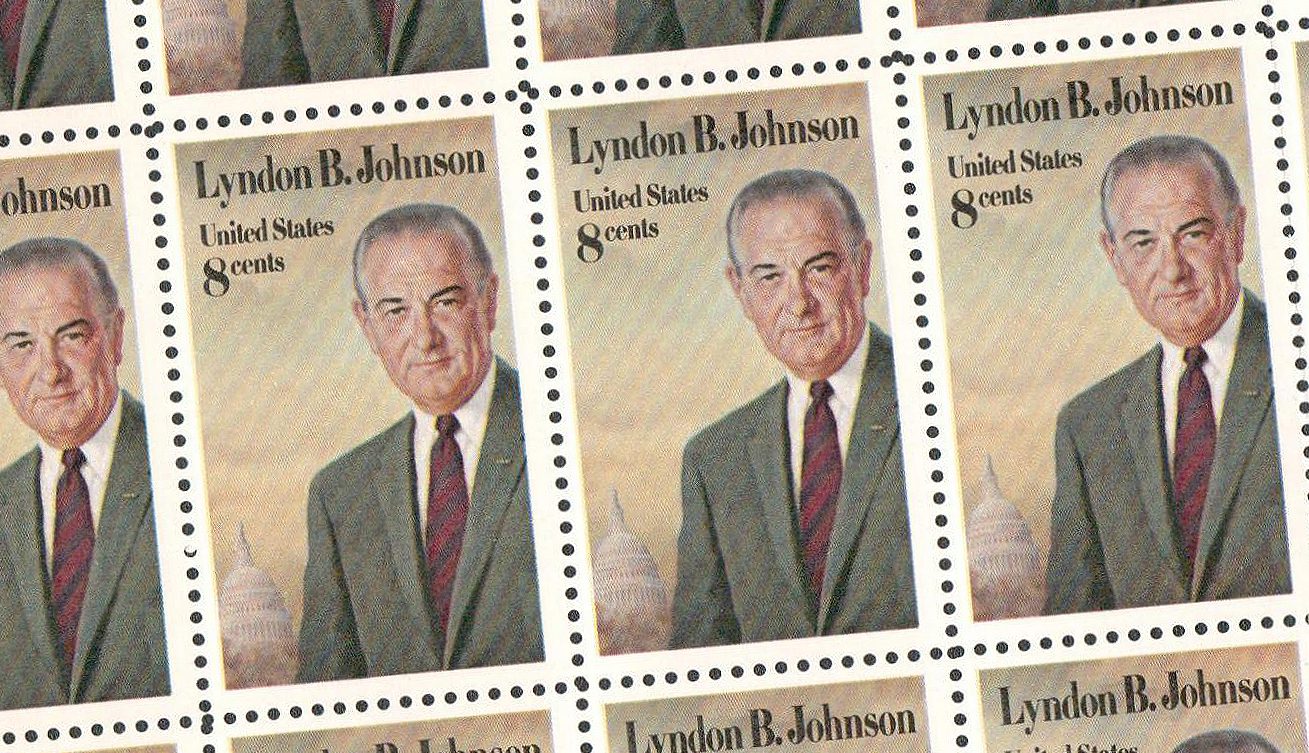
America’s 36th President, Lyndon Baines Johnson, was born on August 27, 1908, in Stonewall, Texas. President Johnson promoted a “Great Society” and signed many initiatives into law aimed at civil rights, public broadcasting, health, education, the arts, and public services.

Poet and writer Dorothy Parker (born Dorothy Rothschild) was born on August 22, 1893, in Long Branch, New Jersey. A founding member of the Algonquin Round Table, she was known for her sharp wit.
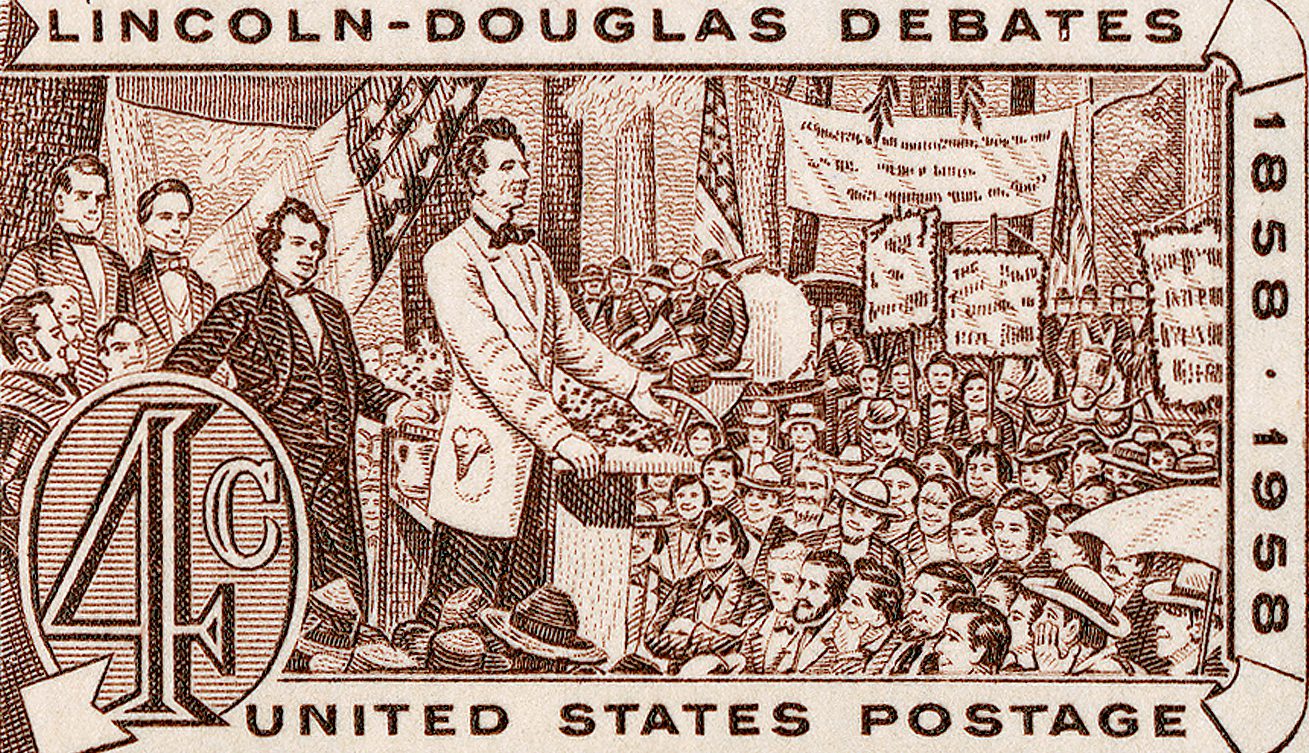
On August 21, 1858, Abraham Lincoln participated in the first of seven debates against Stephen Douglas. Part of a race for an Illinois seat in the US Senate, they became known as the Lincoln-Douglas Debates or the Great Debates of 1858.
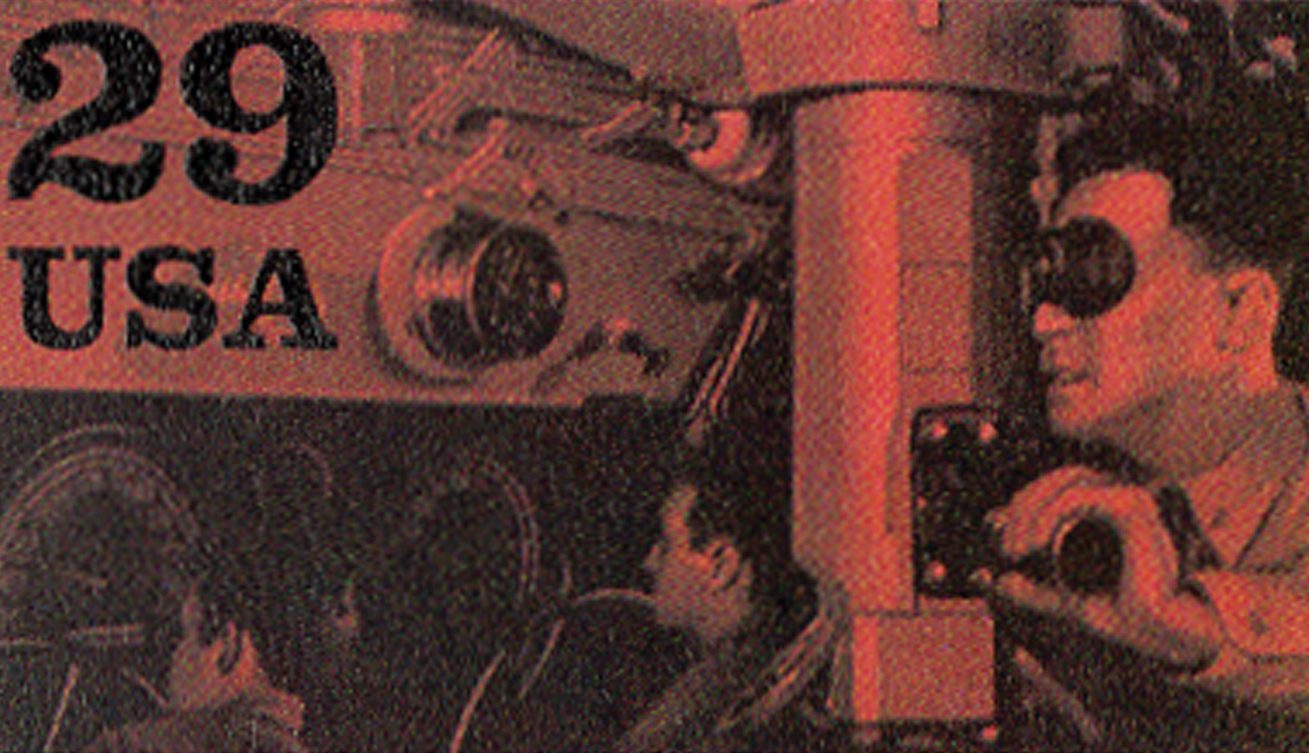
On August 18, 1978, War in the Pacific National Historical Park was established in Guam. The enabling legislation stated, “In order to commemorate the bravery and sacrifices of those participating in the campaigns of the Pacific theater of World War II and to conserve and interpret outstanding natural, scenic, and historic values and objects on the island of Guam for the benefit and enjoyment of present and future generations, the War in the Pacific National Historical Park… is hereby established.”
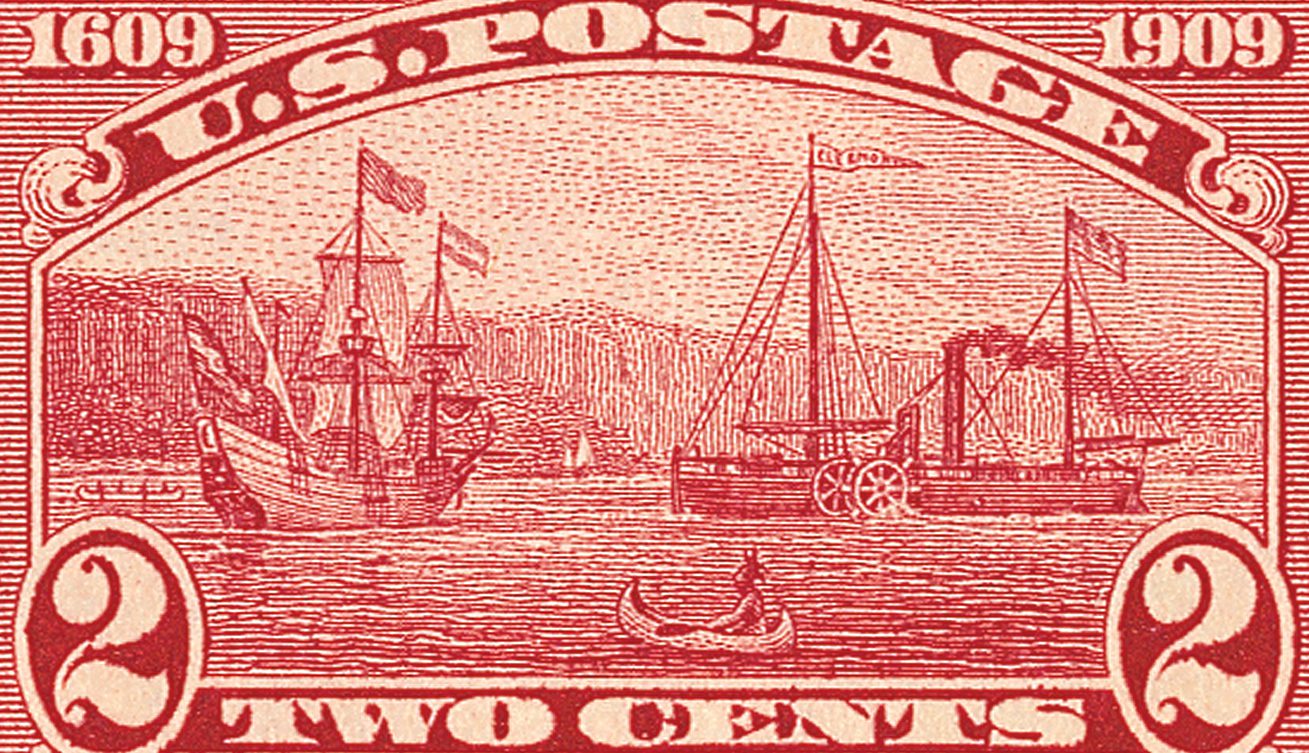
At the behest of his critics, Robert Fulton launched his steamboat from New York harbor on August 17, 1807. While many had their doubts, Fulton proved the commercial viability of steamboats, which would rule American waterways for the next half-century.